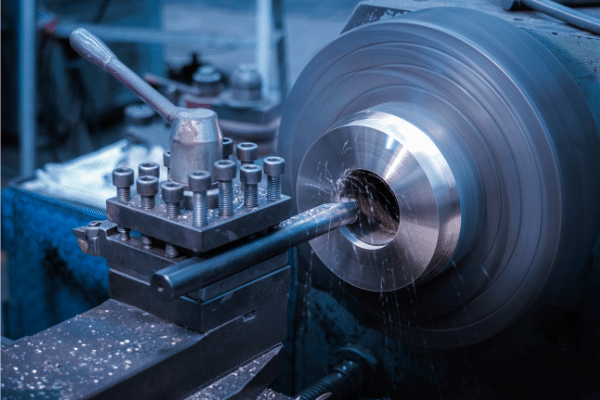Failures and failure modes, i.e., the loss of characteristics or functions of a product or material, produce a series of effects that must be determined in order to solve them. In this article we analyze what is the term failure mode and what are the types of failures that can occur in materials.
What does failure mode or material failure mean?
A failure is the breakdown of an object or material, whether metal, concrete, plastic, etc., due to various factors affecting the strength, stability and chemical composition of the structure. The reasons for failure can be multiple, such as corrosion, fatigue or wear, among other causes. For this reason, the design of a component or structure often requires the engineer to minimize the possibility of failure, since when a product component suffers a failure, either breakage or change of shape, it is no longer able to perform its intended function.
Typical causes of failure are improper selection and processing of materials and improper component design or misuse. In this case, we must understand what caused the failure in order to correct it and prevent it from recurring. For this purpose, the best method to use is failure mode and effects analysis.
Types of failure modes
Fatigue failure
In materials science, fatigue – the weakening of a material caused by cyclic loading resulting in progressive, brittle, localized structural damage – is the most common failure mode and the one that generally produces other types of failure. Once a crack has been initiated, each loading cycle will cause the crack to grow a little larger, even when the repeated alternating or cyclic stresses are of considerably less than normal strength.
However, there are many specific types of fatigue. Understanding the properties of each will help engineers, through failure modal and effects analysis, to determine which fatigue hazards may affect a given material or product. The most common types of fatigue failure are as follows:
– Mechanical fatigue.
This type of failure is usually caused by a mechanical strength problem and is often attributed to poor choice of raw material, manufacturing defects, weak welds or design flaws.
– Creep Fatigue
Occurs when an accumulation of cyclic or thermal stresses deform the material, over a long period of time, until the deformation becomes so severe that the part ceases to function properly and creep failure occurs.
– Corrosion fatigue
Corrosion occurs as a result of a reaction between a given material and an external element, usually water or other environmental factors. As oxidation modifies the properties of the original material, it becomes brittle and more susceptible to cracking caused by cyclic stresses.
– Thermo-mechanical fatigue
This is a failure mode consisting of the combined result of mechanical, creep and corrosion fatigue. As temperature extremes cause creep and environmental factors cause corrosion, materials become more prone to damage and cracking under the effect of cyclic loading.
Wear failure
Wear is mechanically induced surface damage that progressively removes material by the effect of relative movement between surfaces or by contact between the surface and a substance. Such as a fluid or hard, abrasive particles that, for example, are part of a lubricant.
Corrosion failure
It should be noted that all metals and alloys are subject to corrosion. In this sense, corrosion is associated with the mechanical failure of an object and occurs when metal atoms are detached from their structural element until it fails. Another very common mode of corrosion failure is that which occurs when rust accumulates in a pipe until it becomes plugged.
Creep failure
Creep is the permanent deformation that increases with time under a constant load or stress. It occurs due to prolonged exposure to high external mechanical stresses and is more severe in materials subjected to heat for a long time. In this aspect, it is a failure mode to be taken into account in certain industries such as aerospace, for example, when designing jet engines.
At Infinitia we take care of failure modes and effects analysis, testing materials and finding the best solutions. Contact our Forensic Engineering team and tell us about your case. Start the year improving your products with Infinitia.





